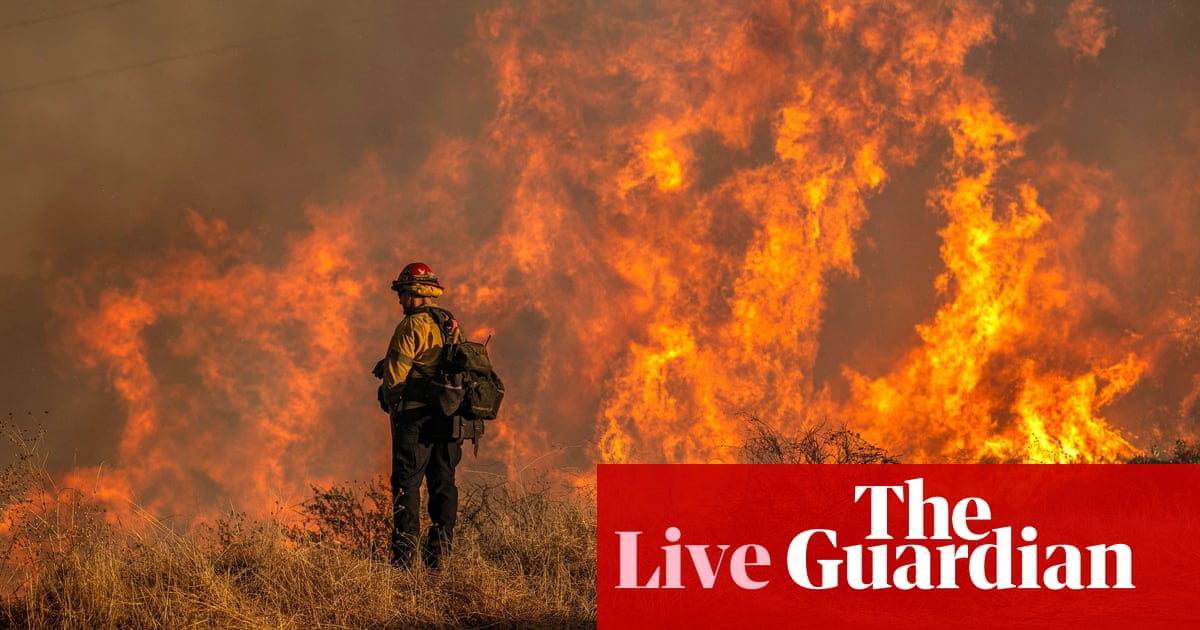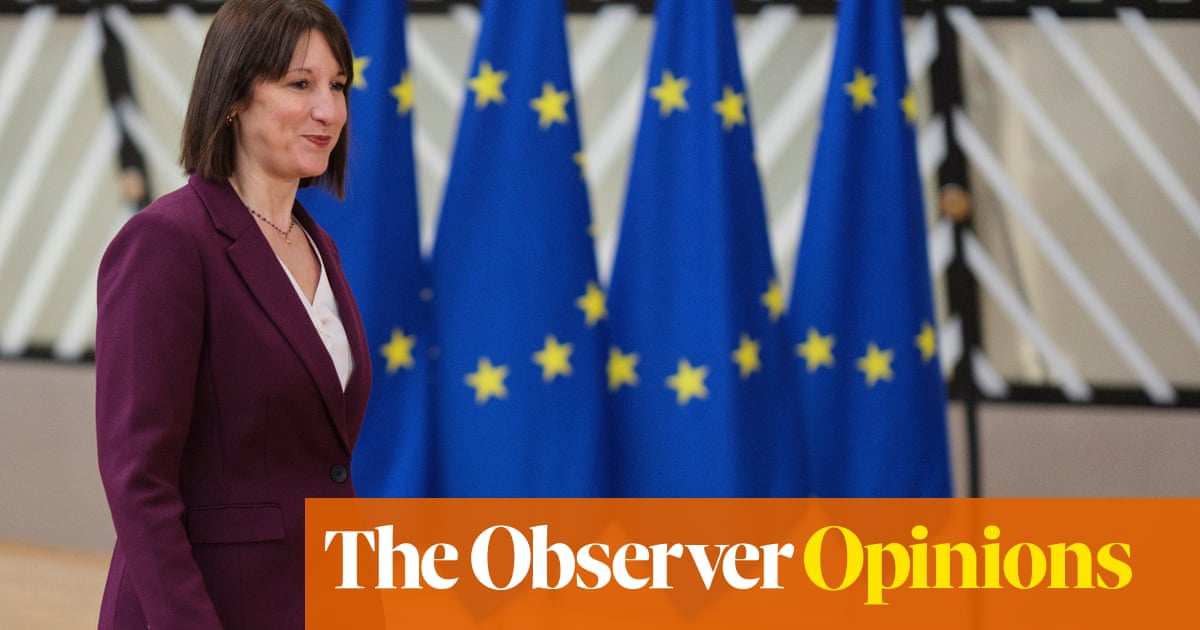North Korea has broken its silence over the political turmoil in South Korea, with state media describing, without any apparent hint of irony, how its president had unleashed a “dictatorship on the people”.
The commentary, released on Wednesday by North Korea’s state-run KCNA news agency, was the first time the regime had commented publicly on the chaos that followed President Yoon Suk Yeol’s doomed attempt last week to impose martial law to root out what he described as “pro-North Korean, anti-state forces”.
“The puppet Yoon Suk Yeol, who had already faced a serious crisis of governance and impeachment, declared martial law unexpectedly and unleashed the guns of the fascist dictatorship on the people,” KCNA said.
It described the South’s embattled president as committing an “insane” act and called his country a “gangster nation”.
North Korea which has been ruled by three generations of the Kim dynasty since it was founded in 1948, is widely accepted to be one of the world’s most brutal regimes. Its population are expected to demonstrate absolute loyalty to the current leader, Kim Jong-un, or face incarceration in labour camps.
Described in the past as a “mob nation” and “gangster state”, the North has built up a formidable cyber warfare capability that is thought to have earned the regime $3bn since 2023, according to a UN report published in February.
With the exception of the political elite in Pyongyang, average North Koreans live in poverty and suffer from malnutrition, while Kim spends huge sums on developing ballistic missiles and nuclear weapons.
Highlighting social unrest directed at an authoritarian government may appear hypocritical – and potentially self-defeating – in a country as repressive as North Korea. But some experts believe the regime in Pyongyang is hoping to use the upheaval south of its heavily armed border to its advantage.
“Leaders in Russia, China, and especially North Korea are likely watching the political turmoil in South Korea with glee, sensing a geopolitical advantage,” Leif-Eric Easley, a professor at Ewha University in Seoul, said this week.
“Authoritarian regimes believe that if they manage to stay in power, they can outlast democratic rivals that eventually commit self-harm, descend into dysfunction, and fall out with allies.”
Yoon’s order, which lasted just six hours before it was overturned in parliament, plunged Asia’s fourth-biggest democracy into its worst crisis for decades and prompted concern over its ability to work with its partners in the region to address North Korea’s nuclear threat.
This week the South Korean defence ministry was forced to confirm that Yoon was still commander-in-chief of his country’s military.
The North Korean article, which also appeared in the Rodong Sinmun, the official newspaper of the ruling Korean Workers’ party, noted that soldiers and military helicopters had been deployed last Tuesday in an unsuccessful attempt to prevent South Korean MPs from entering the national assembly building.
It also referred to the large protests – gatherings that would never be permitted in the North – that took place as members of Yoon’s People Power party boycotted an opposition motion to impeach the president on Saturday evening.
The newspaper carried photographs of the protests, including those of people waving K-pop glow sticks and holding banners demanding Yoon’s impeachment.
“The international community is sternly watching, with assessments that the martial law incident exposed vulnerabilities in South Korean society … and that Yoon Suk Yeol’s political life could face an early end,” the report said.
“His insane act … has drawn strong condemnation from all walks of life, including the opposition party, and further exploded the public’s fervour for impeachment.”
It was not clear why North Korean state media took so long to break its silence given its frequent criticism of Yoon – a conservative hardliner who has sought to isolate the North since he took office in 2022.

.png) 1 month ago
13
1 month ago
13













































